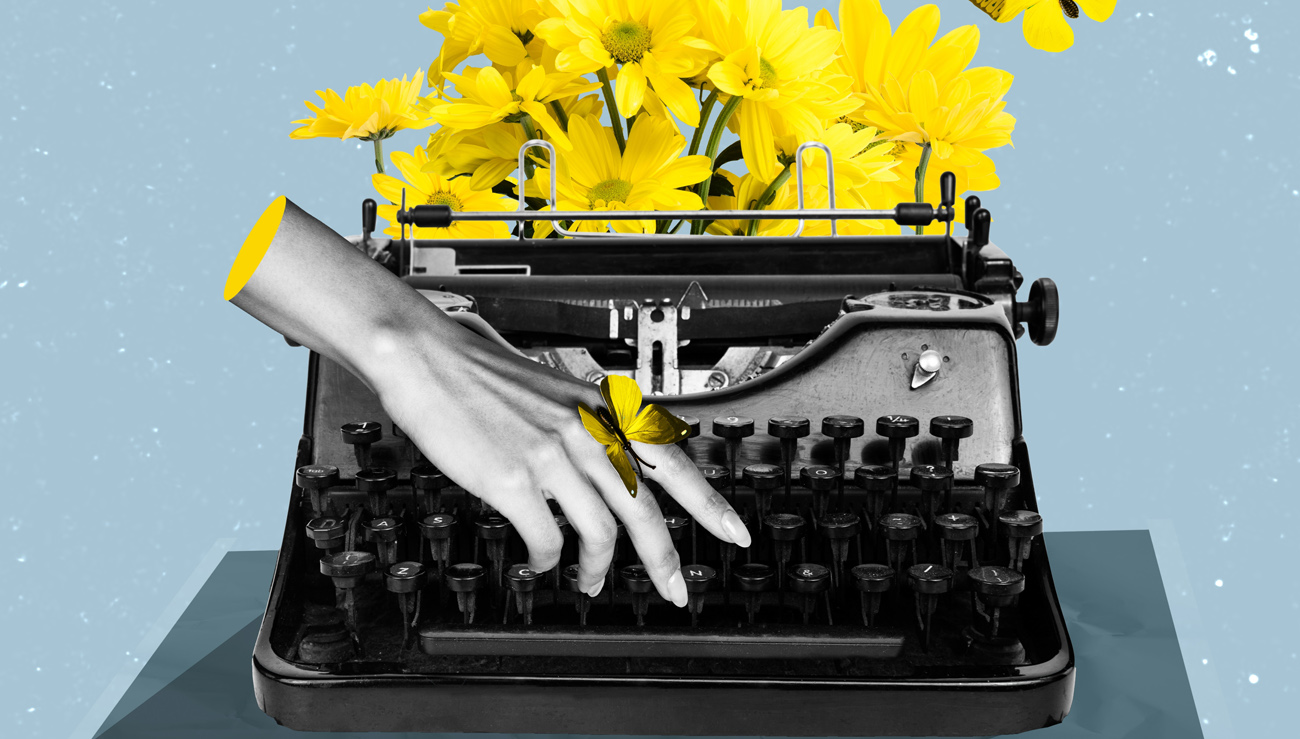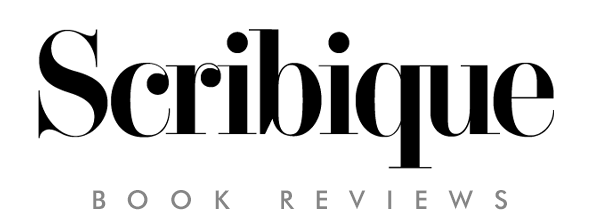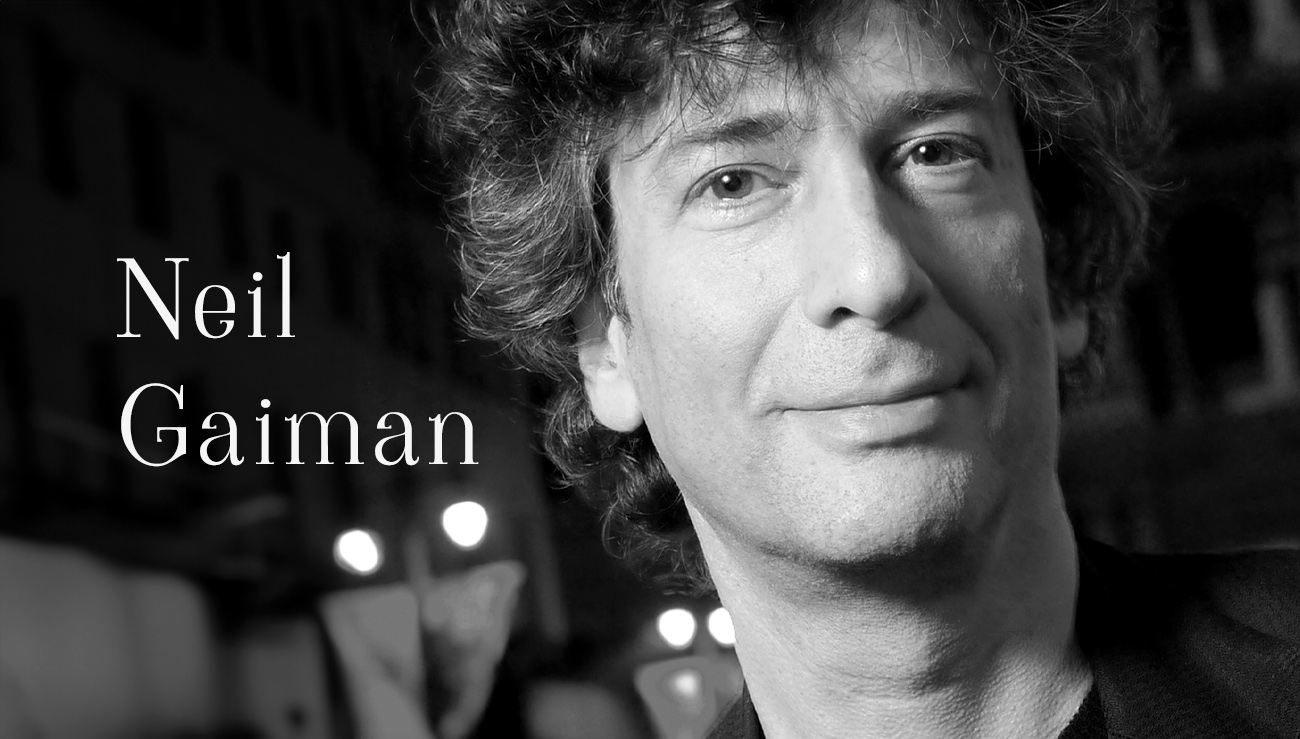
The Rise of Cross-Genre Experimentation in Contemporary Writing
In an era marked by rapid change and diverse audiences, contemporary literature reflects a fascinating evolution—writers are increasingly blurring the lines between established genres, crafting narratives that defy traditional categorization. This bold shift towards cross-genre experimentation is redefining how stories are told and experienced, inviting readers into complex, multifaceted worlds that cater to a variety of interests.
Historically, genre has served as a guiding framework for both writers and readers, setting expectations and defining boundaries. Classic demarcations among science fiction, fantasy, romance, and mystery, among others, have helped readers locate their interests within the vast literary ecosystem. However, the emergence of cross-genre works signals a growing appetite for more nuanced and layered forms of storytelling. Contemporary authors are not merely dabbling in multiple genres for the sake of novelty; they are intentionally weaving elements from different genres to enrich narratives and deepen thematic impact.
Take, for example, the recent success of books like “The Night Circus” by Erin Morgenstern, a novel that marries fantasy with historical fiction and a splash of romance, set in the enchanting world of a magical competition that spans decades and continents. Morgenstern’s work exemplifies how the synthesis of genres can create a mesmerizing reading experience that holds universal appeal.
Similarly, “Station Eleven” by Emily St. John Mandel skilfully blends post-apocalyptic fiction with a traveling Shakespearean theater troupe, interlaced with reflections on art and humanity. This novel not only captivated readers but also sparked discussions about the role of art in society’s survival, showcasing the power of cross-genre literature to provoke thought and conversation.
This trend is also evident in the thriller genre, with authors like Blake Crouch pushing boundaries in works such as “Dark Matter,” which incorporates elements of science fiction, romance, and existential philosophy. Such narratives challenge readers to think critically about identity, reality, and the choices that define us, demonstrating how genre-blending can elevate the intellectual stakes of a story.
But what drives this shift toward cross-genre writing? One factor is the changing landscape of reader demographics and consumption patterns. With the rise of digital publishing and social media, readers have access to a wider range of content than ever before, fostering a taste for diverse and innovative storytelling. Additionally, the cultural zeitgeist of embracing multiple identities and perspectives may be influencing writers to explore and reflect hybridity in their work.
Critics and literary scholars have taken note of these changes, debating the implications for literary classification and analysis. While some purists argue that blurring genre lines may dilute genre-specific traditions, others celebrate the potential for creative freedom and the breaking down of literary silos.
As we look to the future, it is clear that the exploration of cross-genre literature is more than a mere trend—it’s a vibrant, evolving testament to the limitless possibilities of the written word. By transcending traditional boundaries, contemporary writers are not only redefining genres but also inviting readers to reimagine the world through a broader, more inclusive lens.
This rise of cross-genre experimentation is, undoubtedly, a bold step into the literary future, one that enriches our collective understanding of narrative and opens up new pathways for storytelling innovation. In blending genres, authors are crafting expansive landscapes that promise to keep the literary world both compelling and relevant in a rapidly changing world.




